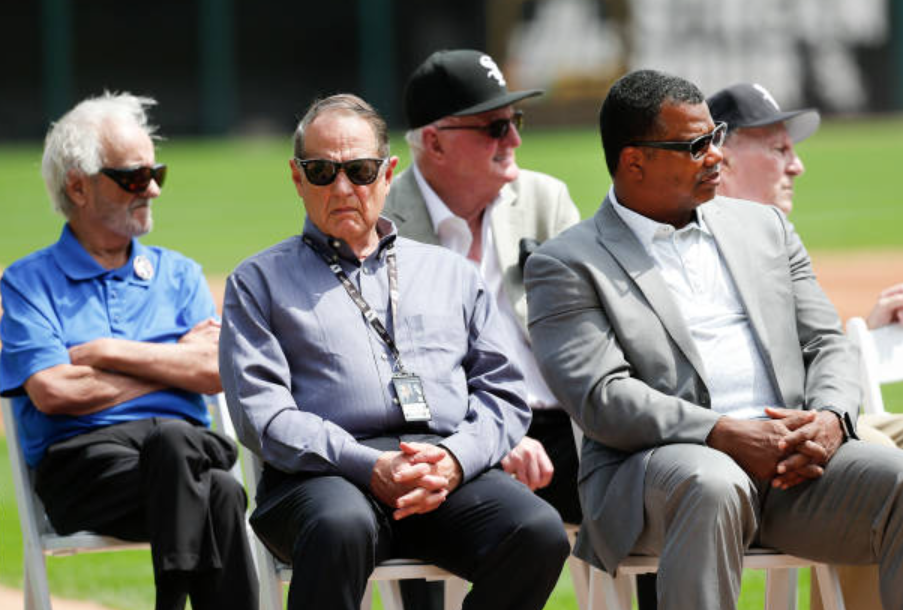The Chicago White Sox are asking for $1 billion from Illinois for a new stadium, with owner Jerry Reinsdorf presenting his case in a discussion with Crain’s Chicago Business.
Reinsdorf’s pitch follows a well-trodden path in the realm of stadium funding requests. His three main points include the idea that the new stadium would serve as an anchor for a property, generating an estimated $4 billion in economic impact and $200 million in tax revenue.
However, skepticism arises as economists often question such projections, pointing out that the money spent on sports and entertainment often comes at the expense of other local businesses or leisure activities.
Addressing concerns about the necessity of real estate income, Reinsdorf contends that the White Sox need additional revenue to compete with heavy hitters like the Los Angeles Dodgers, who recently signed Shohei Ohtani to a $700 million contract.
Jerry Reinsdorf’s Scrutinized Track Record

While making the case for financial viability, Reinsdorf’s own track record of contract extensions, like Andrew Benintendi’s five-year, $75 million deal, raises eyebrows regarding his team’s capacity to play in the big leagues.
In a somewhat unconventional argument, Reinsdorf suggests that the government should provide the funds because, at 85 years old, he may not be around much longer, and the team needs stability beyond his tenure.
This argument echoes a tactic he used in the 1980s when seeking funding for Guaranteed Rate Field, the very stadium he is now looking to replace.
Essentially, the White Sox’s strategy appears to be a combination of promising financial benefits to the city while wielding the threat of potential relocation if their funding demands aren’t met.
As discussions around the proposed $1 billion funding continue, the team’s future stadium plans hang in the balance, leaving fans and stakeholders eagerly awaiting the outcome of negotiations between the White Sox and the state of Illinois.


Comments are closed.